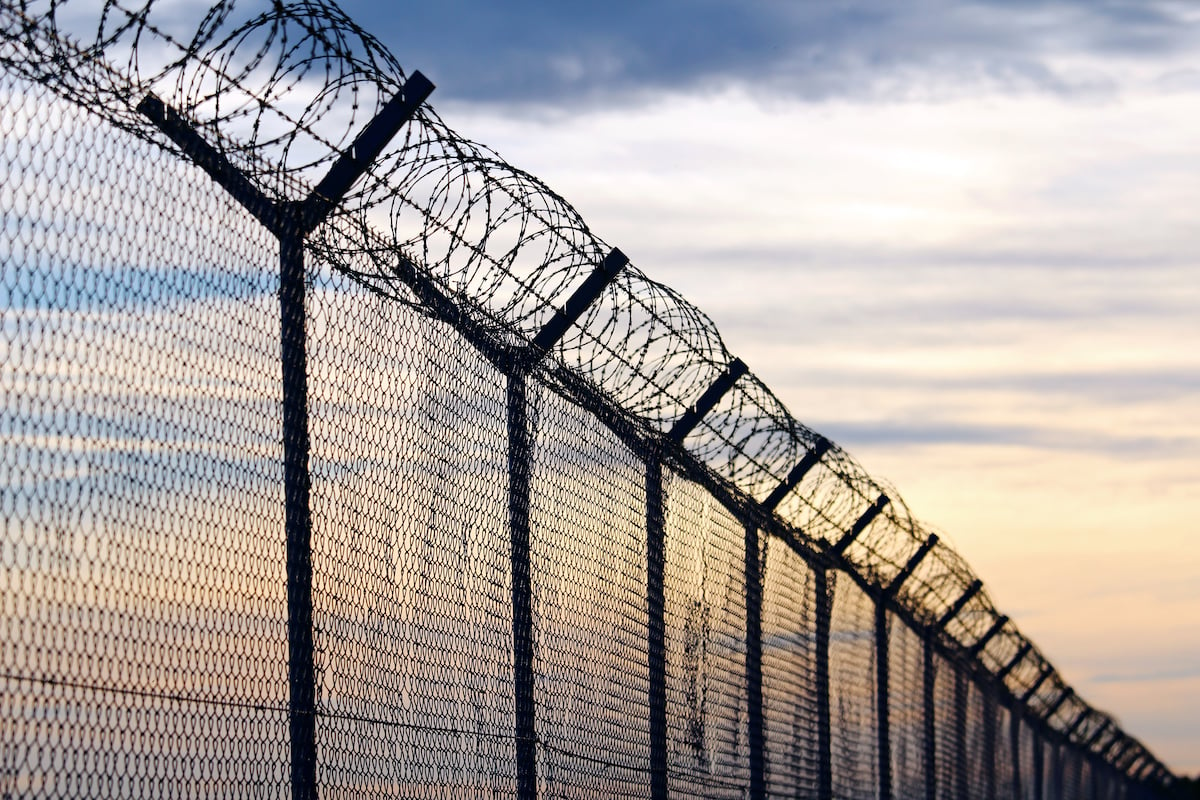Any glimmer of hope still remaining that the Missouri Department of Corrections administrators care about prisoner rehabilitation has been totally dashed by the announcement that the incarcerated population will no longer be able to receive books or other reading material from their loved ones. They are only allowed to purchase them directly through “bona fide vendors,” meaning this attack on intellectual freedom is also a way to get what little disposable income incarcerated people might have to flow right back into the system.
“Reading materials must meet censorship guidelines and must not exceed $100 in value, threaten safety and security of the institution, or exceed property limits,” the announcement said. Reading material includes “correspondence courses,” according to the announcement, which often exceed that $100 limit, meaning those wanting to further their education while incarcerated may be out of luck.
Last year, those same administrators announced that Missouri prisons would be banning their residents from receiving paper mail, which was already a major blow to prisoners’ and their families’ morale.
Lori Curry, executive director of the nonprofit Missouri Prison Reform, whose partner is incarcerated in Missouri, told local NPR affiliate KCUR that banning mailed books and letters takes away one of the only ways people can connect and show love to their incarcerated loved ones.
“It’s an escape from the things going on inside the prison,” she said. “That was the only thing we could do for them, for holidays and birthdays.” Curry said she has been sending educational books to her partner to make the most of his time. Now, she will have to stop when the law takes effect on Sept. 25. “It’s really important to him,” she said. “It’s just another thing they’ve taken away.”
Dylan Pyles is co-founder of the Kansas City-based Liberation Lit, an organization that sends free books to incarcerated folks in Kansas and Missouri. Speaking to KCUR, he highlighted how this new ban is dehumanizing to all, but will most unfairly affect Black and brown people who more often come from poverty. “Most of the people we serve are surviving on slave wages. This policy is nothing short of cruel and unusual punishment.”
The Missouri DOC claims these isolating restrictions are necessary in order to reduce the flow of drugs and other contraband into their state prisons. Notice they also use the phrase “must meet censorship guidelines” in what they will allow as reading material. We’re not just seeing banned books in schools, we’re seeing books being labeled as contraband in our prisons as well.
(featured image: Koda/Getty Images)









Published: Sep 8, 2023 02:12 pm